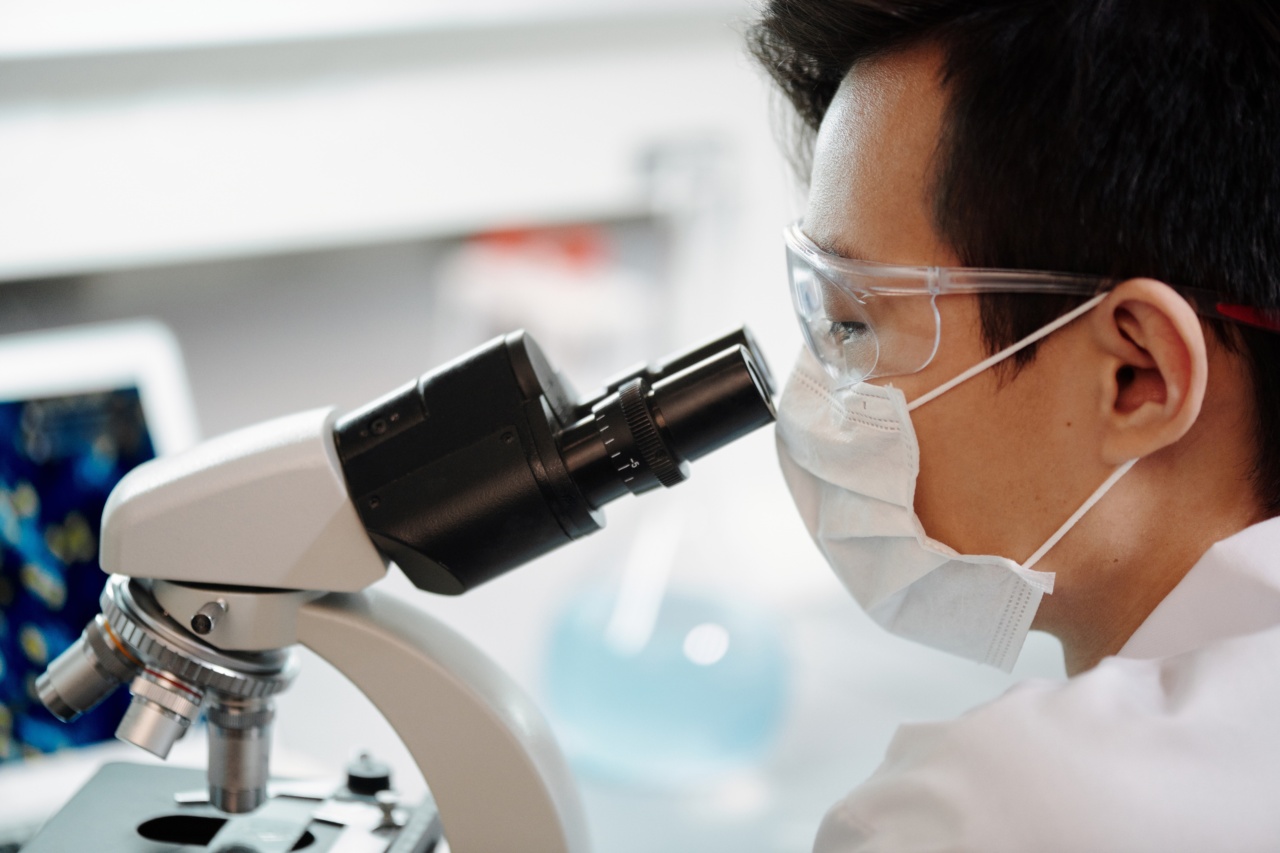Our gut is home to trillions of microorganisms, including bacteria, viruses, and fungi. Among these microorganisms, bacteria are the most abundant, and they play a critical role in maintaining a healthy gut and overall well-being.
However, recent research suggests that the bacteria in our colon, also called the large intestine, may also contribute to the development of colon cancer.
What is Colon Cancer?
Colon cancer, also known as colorectal cancer, is a type of cancer that originates in the colon or rectum. It is the fourth most common cancer in the world, and the second most common cause of cancer deaths.
According to the American Cancer Society, more than 147,000 cases of colorectal cancer are diagnosed each year in the United States, and approximately 53,000 people die from the disease each year.
What Causes Colon Cancer?
Colon cancer usually develops over a period of several years, starting as a noncancerous growth known as a polyp. Over time, some of these polyps can become cancerous and invade the wall of the colon or rectum, leading to the development of cancer.
While the exact causes of colon cancer are not known, certain factors may increase a person’s risk of developing the disease, including:.
- Age – The risk of colon cancer increases with age. Most cases occur in people over the age of 50.
- Family history – A family history of colon cancer or polyps increases the risk of developing the disease.
- Diet – A diet high in red meat, processed meat, and saturated fats, and low in fiber, fruits, and vegetables, may increase the risk of colon cancer.
- Smoking – Smoking tobacco may increase the risk of colon cancer.
- Alcohol – Drinking alcohol excessively may increase the risk of colon cancer.
- Obesity – Being overweight or obese may increase the risk of colon cancer.
- Inflammatory bowel disease – Chronic inflammation of the colon, such as ulcerative colitis or Crohn’s disease, may increase the risk of colon cancer.
The Role of Colon Bacteria in Colon Cancer Development
Recent studies have suggested that the bacteria in our colon may also play a role in the development of colon cancer.
Researchers have found that certain strains of bacteria may produce chemicals that damage the DNA of the cells in the colon, leading to mutations that can eventually lead to cancer.
Some strains of bacteria may also trigger inflammation in the colon, which is a known risk factor for colon cancer. Chronic inflammation of the colon can damage the DNA of the cells in the colon and lead to the development of cancer.
It is important to note, however, that not all bacteria are harmful. In fact, some bacteria may actually protect against colon cancer.
For example, some strains of bacteria produce short-chain fatty acids, which have been shown to have anti-inflammatory properties and may help prevent the development of colon cancer.
The Microbiome and Colon Cancer
The microbiome refers to the collection of microorganisms in a particular environment, such as the gut.
The composition of the microbiome can vary widely from person to person and can be influenced by several factors, including diet, lifestyle, and medication use. Recent research suggests that changes in the composition of the microbiome may be associated with the development of colon cancer.
In one study, researchers found that patients with colon cancer had a lower diversity of bacteria in their colon compared to healthy individuals.
They also found that certain strains of bacteria, such as Fusobacterium nucleatum, were more prevalent in patients with colon cancer. This suggests that changes in the microbiome may contribute to the development of colon cancer by altering the balance of harmful and protective bacteria in the colon.
Preventing Colon Cancer With a Healthy Gut Microbiome
While more research is needed to fully understand the role of colon bacteria in the development of colon cancer, there are several steps you can take to promote a healthy gut microbiome and reduce your risk of developing colon cancer:.
- Eat a healthy diet – A diet high in fiber, fruits, and vegetables and low in red meat and processed foods can promote a healthy gut microbiome and reduce the risk of colon cancer.
- Exercise regularly – Regular physical activity can improve gut health and reduce the risk of colon cancer.
- Quit smoking – Smoking tobacco can increase the risk of colon cancer and other types of cancer.
- Limit alcohol consumption – Drinking alcohol excessively can increase the risk of colon cancer and other health problems.
- Manage your weight – Being overweight or obese can increase the risk of colon cancer.
- Take antibiotics only when necessary – Antibiotics can disrupt the balance of bacteria in the gut and may contribute to the development of colon cancer.
Conclusion
The bacteria in our colon play a crucial role in maintaining a healthy gut and overall well-being.
However, recent research has suggested that changes in the composition of the gut microbiome may contribute to the development of colon cancer by altering the balance of harmful and protective bacteria in the colon. By taking steps to promote a healthy gut microbiome, such as eating a healthy diet and exercising regularly, we can reduce our risk of developing colon cancer and other health problems.





























